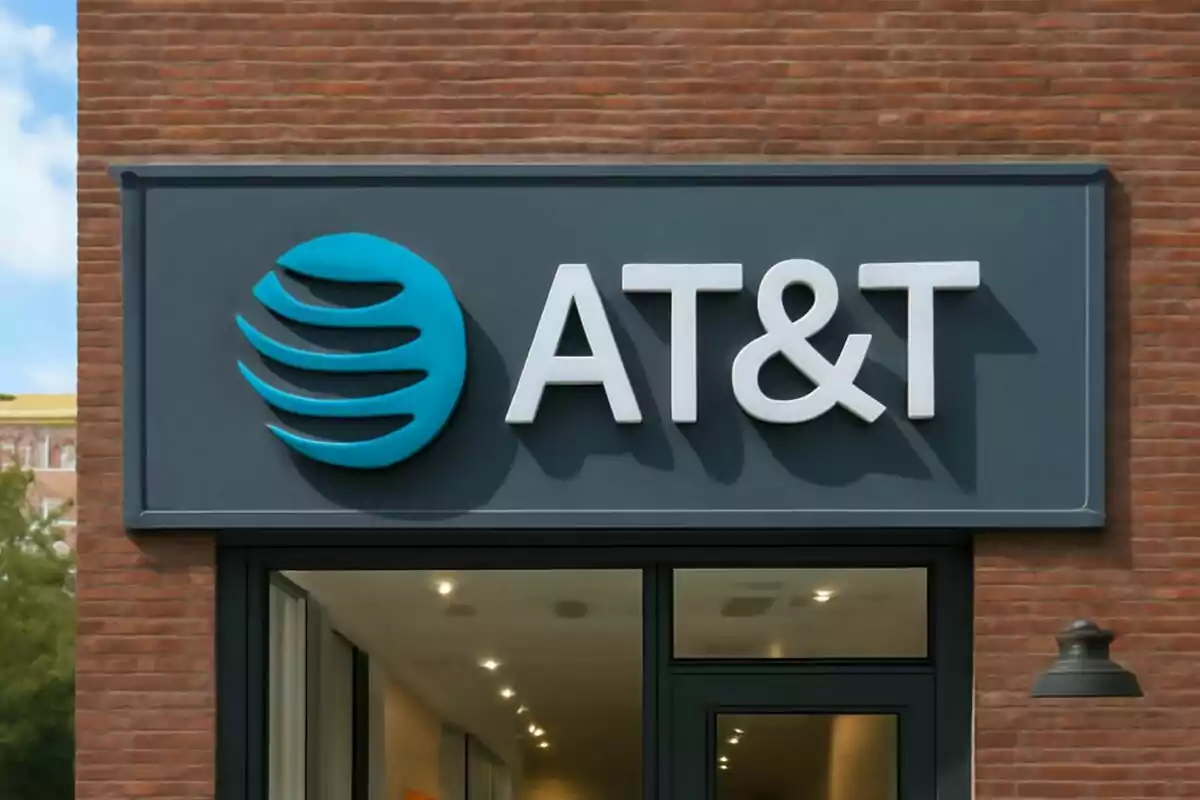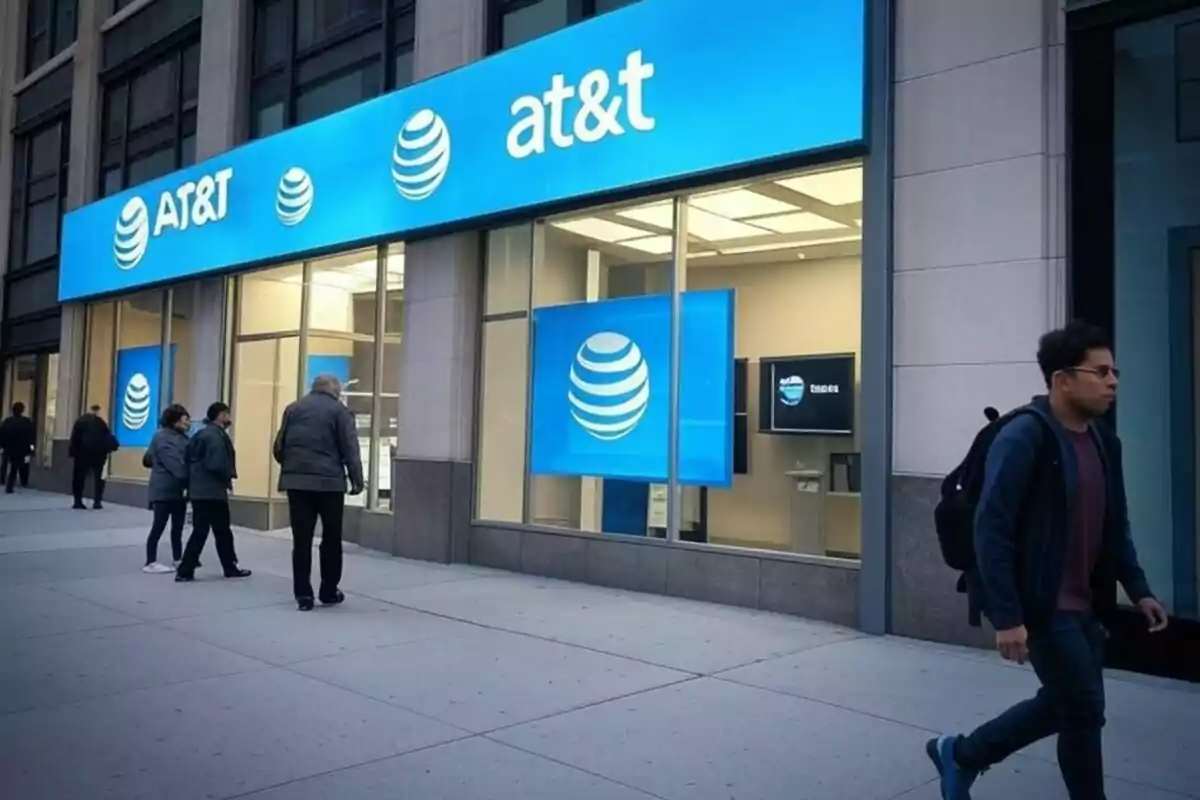
Unexpected: AT&T's latest move has thousands of Americans fearing the worst
The operator's decision hasn't pleased everyone, and many suspect they could be next
What seemed like a simple service interruption has turned into a case that's raising alarms among thousands of AT&T customers. A recent incident has made it clear that, when it comes to certain technical problems, not all users can expect an immediate solution. Sometimes not even a solution at all.
Everything started in Houston, Texas, when a copper cable theft left a customer without landline service. It's true that only one user was affected. However, many fear that this situation marks a turning point in how AT&T responds to subscribers with traditional services.
AT&T chose to offer another solution
The incident occurred on May 25, 2025, when more than 2,854 ft. (870 m) of copper cable were stolen in a residential area. The result was a total loss of landline connection for a resident who still depended on classic analog technology, known as POTS (Plain Old Telephone Service).

However, the real surprise came afterward. AT&T decided not to replace the stolen cable, claiming that the estimated repair cost was about $25,000. This figure, according to the company, doesn't justify the financial effort to serve a single user.
The company presented this case to the Federal Communications Commission (FCC). It requested the permanent cancellation of copper landline service for that household, according to Phone Arena. This measure has caused concern among other subscribers who still use that type of technology.
From the company's perspective, what happened is part of its plan to gradually retire its copper network. According to its own schedule, it will be completely shut down in 2029. In exchange, AT&T is promoting its more modern service: AT&T Phone Advanced.
This system uses broadband or wireless network connections to offer voice services with additional features, such as caller ID, call waiting, call forwarding, and protection against unwanted calls. It also includes a backup battery to keep the line active for up to 24 hours in case of power outages.

However, not all users consider this an improvement. The monthly cost of this service is around $45, and some customers regret losing the stability and simplicity of traditional landlines, especially in areas where wireless coverage isn't optimal.
A decision that generates complaints and concern
What has upset many the most isn't the technological change itself, but AT&T's lack of willingness to repair an existing service. The decision has been seen as a sign that business interests are above the commitment to loyal subscribers.
This case has ignited social media, forums, and community groups, where complaints against AT&T are increasing. Many are wondering if, should they face a similar problem, they'll also be left behind.
More posts: